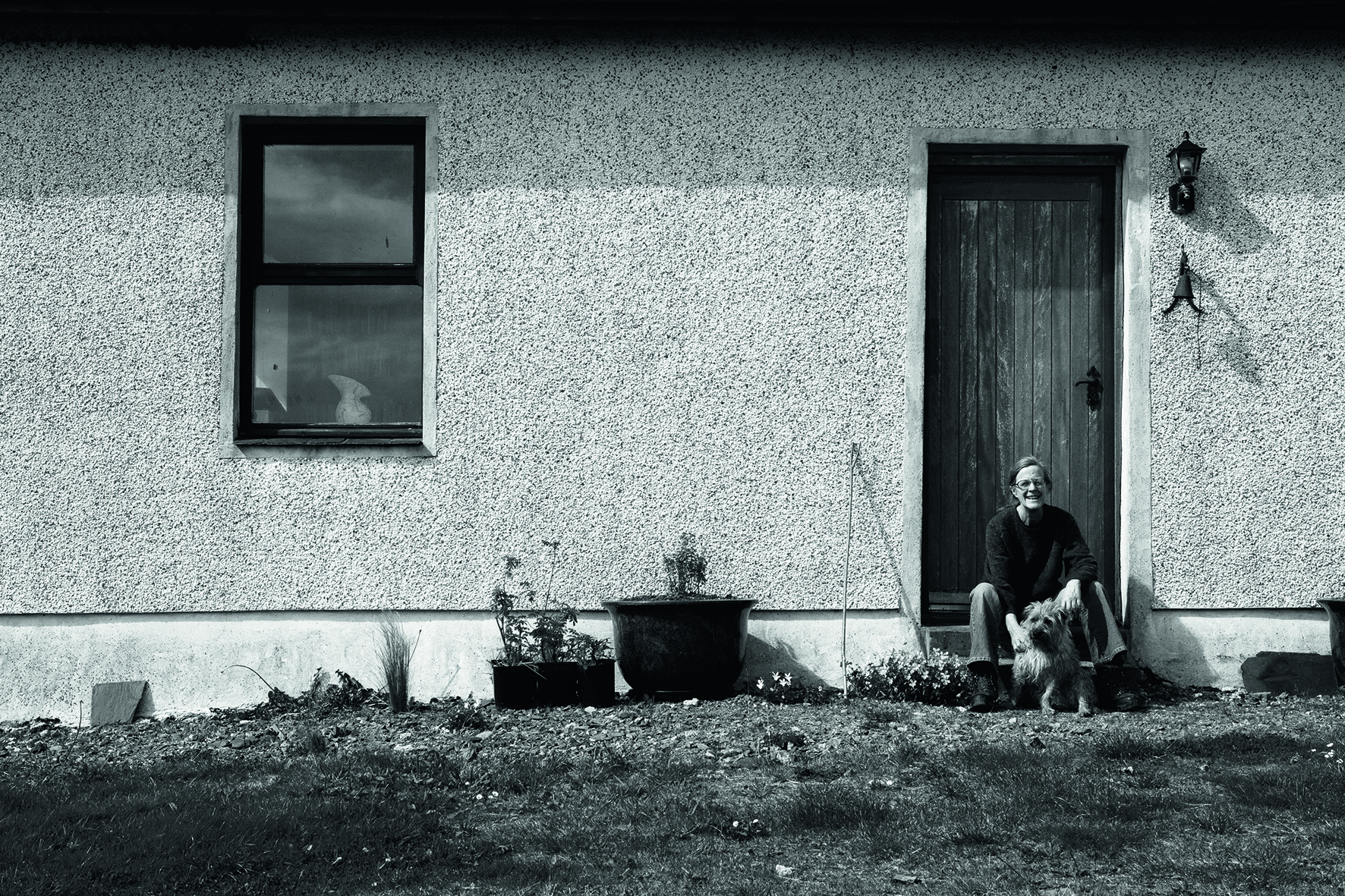I have learned a number of things during lockdown. Some of them are truly positive, such as the generosity, cohesion and support of my local community. Or the enhanced tidiness and beauty of rural roads.
Some of them, however, are not. And, for me, perhaps the least positive has been my growing awareness of the separation between people who live in more built-up areas and those of us who live in truly rural communities in terms of ‘connectivity’. I am actually lucky because I do have internet access, although it is limited by “narrow band width”, and this has cost me in earnings throughout the pandemic because I cannot access Zoom and so cannot ‘perform’ at online events or, for example, act as the external examiner for PhD students. (I have also made money out of coronavirus but obviously not everyone can have written, and therefore sold, books with lucky titles like How to be Alone or A Book of Silence.)
More from Sara Maitland:
- How Farmer Clusters benefit the environment and rural communities
- The meaning of community
- What is really meant by the word 'countryside'?
Sara Maitland./Credit: Adam Lee
But the total absence of any mobile connection within over five miles of where I live is another matter (and five miles is as nothing compared to some.) Many people are simply not aware of this rural deficiency and many of my urban friends are shocked or even disbelieving when I try to tell them. It is said, although I cannot confirm it, that there over 1,000 miles of tarmac road in the UK that have no mobile signal – and about 15 of those miles run past my house. “What happens if you break down?” people ask me and the answer is that you wait until someone comes by. Of course, the reason why the road is single track is that this does not happen very often – you may have quite a long wait, or quite a long walk.
Increased isolation
In the years that I have lived here, the situation has actually got worse, because mobile phones are increasingly required. My bank’s nearest branch is 80 miles away – any bank is more than 20 miles – but they are now saying that I need to have a mobile number in order to use online banking, and do not seem to have clue about how to provide an alternative for those without coverage.
So you can imagine my excitement when, last summer, I got a letter with an ‘invitation’ from my telephone company offering me an upgrade. They would be able to provide me with full ‘bandwidth’ – the only snags were that they could not provide any mobile-phone signal and that it would cost me £20,000. (Honestly!)
Of course, the real sufferers are not, in fact, old women like me who live here, but the teenagers. School buses do not leave the tarmac, so if your parents’ farm track is three miles long (and some are much longer), you have a six-mile walk every day – and if you miss the school bus home, you have no way of contacting your grown-ups, so there are practical issues with things as simple as deciding spontaneously to go to tea at your mate’s house.
Agriculture is now one of the most dangerous forms of work in the UK: basic safety requires full mobile coverage.
The farmers up my road mainly work with hill sheep. Recently someone rolled his quad bike over and he got trapped underneath it; he had no mobile so could not tell anyone where he was – it was a long scary night for him and his family and neighbours. He was lucky, he was found and freed unharmed, but agriculture is now one of the most dangerous forms of work in the UK: basic safety requires full mobile coverage.

